It says almost everything that needs to be said about Niki Savva’s latest book that its original title was Highway to Hell: The Coup that Destroyed Malcolm Turnbull and Left the Liberals in Ruins.
Savva denies that the book was rewritten after the election, insisting that just about all she did at that point was compose the final chapter. Quite possibly, she’s telling the truth because the book reads like the thoughts of Malcolm Turnbull, as told to his favourite author. But how could removing Turnbull from the prime ministership have been such a catastrophe, as this book consistently maintains, given that the Morrison government went onto win the unwinnable election? Savva can’t bring herself to admit that the government’s biggest problem was Turnbull himself; which is why the book is a long exercise in sour grapes, rather than a serious contribution to our knowledge of exactly how the Liberals made the eleventh hour change that saved the government.
Savva claims that Turnbull was ‘a good prime minister but a terrible politician’. But if he was good at government, why isn’t there more in this quickie account-from-the-Turnbull-fan-club’s-perspective of the government’s achievements over the previous term of parliament? She mentions the same-sex marriage outcome but still can’t decide whether the plebiscite, that was the brain-child of the hated Tony Abbott, was a good way forward, or not; and she mentions the so-called National Energy Guarantee that Turnbull ultimately withdrew because it wasn’t going to get through the parliament without Labor votes (even though just a week earlier he’d declared it had ‘overwhelming support’ in the Coalition party room).
Savva doesn’t emphasise the first tranche of company tax cuts, presumably because that would be to give too much credit to the once-admired-but-now-reviled Mathias Cormann. Even though, early on, Savva names Peter Dutton, Rupert Murdoch and Abbott as those whom Turnbull blames for his downfall, the big villain in this repetitive 408-page jeremiad is the Senate leader, whose defection during coup week is supposed to have been the betrayal that undid Turnbull’s otherwise brilliant manoeuvrings to save his job.
In order to sustain her thesis that Turnbull was a fine prime minister brought down by vengeful pygmies, Savva has to demonstrate that he would have won the election. This is the Turnbull thesis: that he was brought down, not because he was going to lose, but because he was going to win; and that the ‘religious right’ couldn’t bear the thought of a Liberal party that was socially progressive, rather than reactionary. It would have been the first caucus coup in history driven by fear of victory rather than fear of defeat; and, unsurprisingly, Savva’s attempt to validate it is embarrassingly implausible. She claims that Turnbull showed the National party whip, Damian Drum, marginal seat polling from June and July last year indicating that the government was ahead 54-46 in the seats that mattered, including Braddon in Tasmania. Why an embattled Liberal PM would choose to confide in an MP who couldn’t vote for him is a mystery that Savva chooses not to explain. In any event, at the by-election that actually took place in Braddon last July, the government lost, with a small swing to Labor.
The fact is that ‘Mr Harbourside Mansion’ had no appeal in the ‘battler’ seats like Braddon, Bass, Longman and Lindsay that Abbott had won in 2013, Turnbull had lost in 2016 and Scott Morrison then won back two months ago.
Savva spends much time analysing whether Morrison was merely the beneficiary of Turnbull’s downfall, or helped to engineer it. She comes to the rather generous conclusion that the prime minister didn’t himself take advantage of Turnbull’s weakness but that others, certainly, were exploiting circumstances on his behalf. While Dutton and his supporters were ‘plotting’, Morrison’s supporters were just ‘planning’. Backbencher Abbott, she says, was taking every chance to criticise Turnbull’s policy (a monstrous wrong in Savva’s eyes) while ministers Alex Hawke and Stuart Robert, she meekly accepts, had merely been doing Morrison’s numbers for months before the fatal week; and it was just serendipity that Morrison’s key Liberal party fixer, Scott Briggs, was in Canberra for coup week. As if!
Savva seems strangely reluctant to accept her own evidence: namely that, to the extent that there was an organised hit on Turnbull, it didn’t come from Dutton who, she accepts, was the key to Turnbull’s survival in office almost to the end, and who wasn’t organising and wasn’t counting – or at least, not very effectively until after the Longman by-election; but from Morrison’s supporters, who cleverly placed votes with Dutton on the Tuesday, when Turnbull spilled his own position, to overstate the challenger’s real support and thereby to make the incumbent’s position untenable.
If this book is to be believed, not only do senior members of the parliamentary Liberal party spend a lot of time spilling their guts to Savva but, in the process, they reveal how few of them can really be trusted. For instance, Cormann is supposed to have given Christopher Pyne one version of his role in the Dutton challenge at a dinner at the Commonwealth Club; and a totally different account to Steve Ciobo at a dinner at the Davos conference.
Leaving aside the question of what Cormann really did tell his colleagues on separate occasions and how credible either version of events might be, why were two senior cabinet ministers apparently ready to reveal to Savva the contents of a confidential private conversation?
How credible is Savva anyway? In an interview with Laurie Oakes (Courier-Mail 30/1/10), she admitted that, ‘as a journalist I lied often, usually about my sources, but about other things too’. As the Turnbull-Savva version of things, this book is intriguing; but a balanced account of the last three years in Canberra, it’s certainly not.
Got something to add? Join the discussion and comment below.
Get 10 issues for just $10
Subscribe to The Spectator Australia today for the next 10 magazine issues, plus full online access, for just $10.
You might disagree with half of it, but you’ll enjoy reading all of it. Try your first month for free, then just $2 a week for the remainder of your first year.

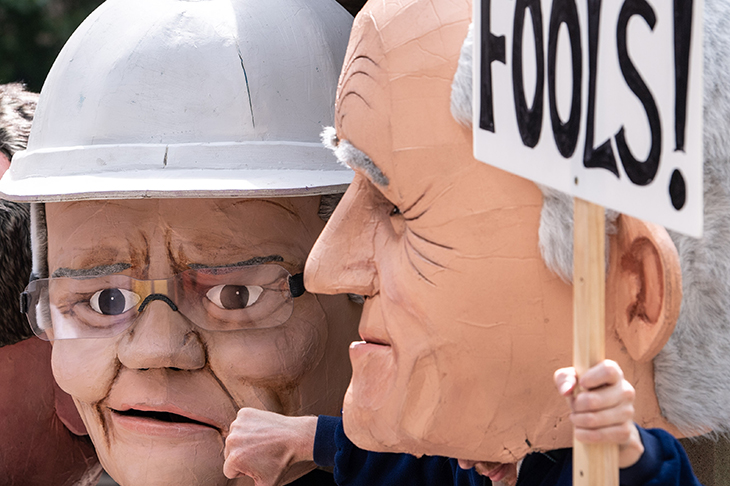
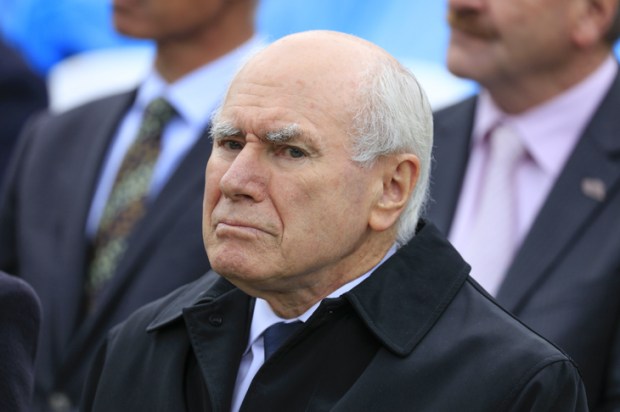
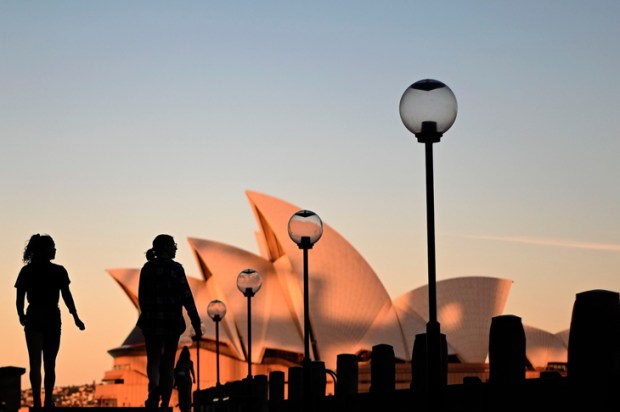

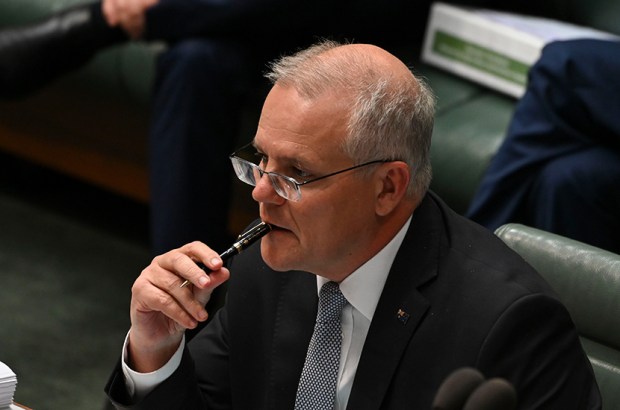
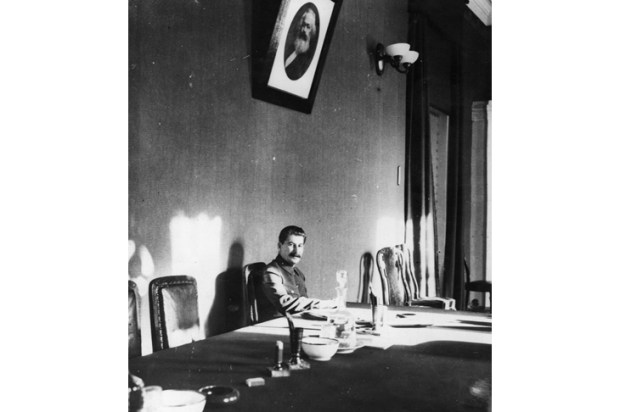
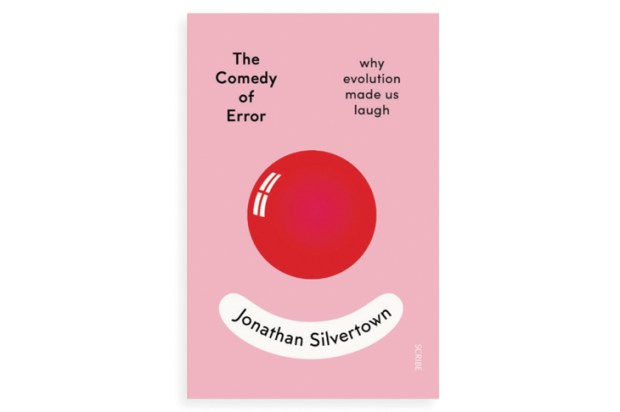






Comments
Don't miss out
Join the conversation with other Spectator Australia readers. Subscribe to leave a comment.
SUBSCRIBEAlready a subscriber? Log in